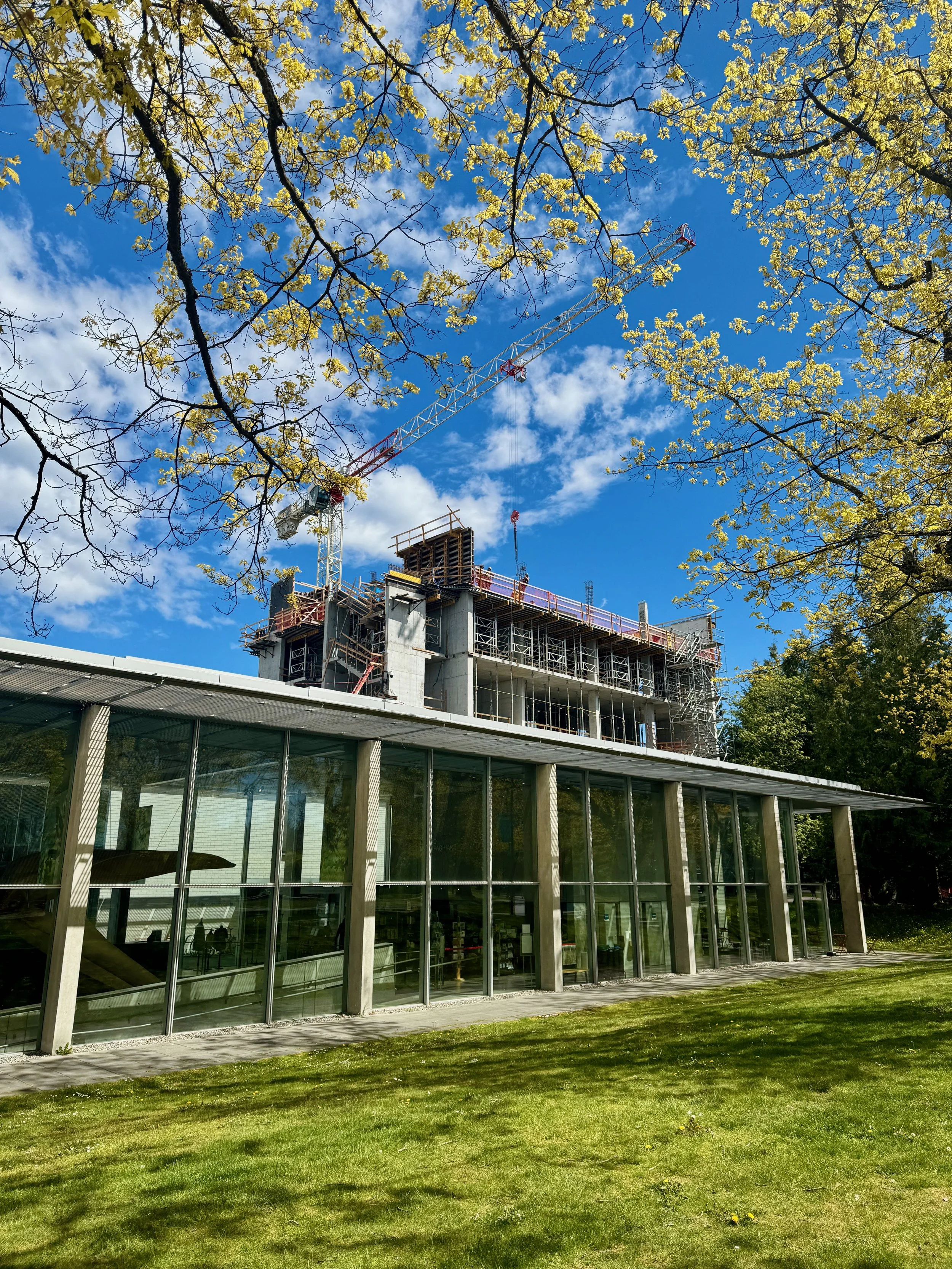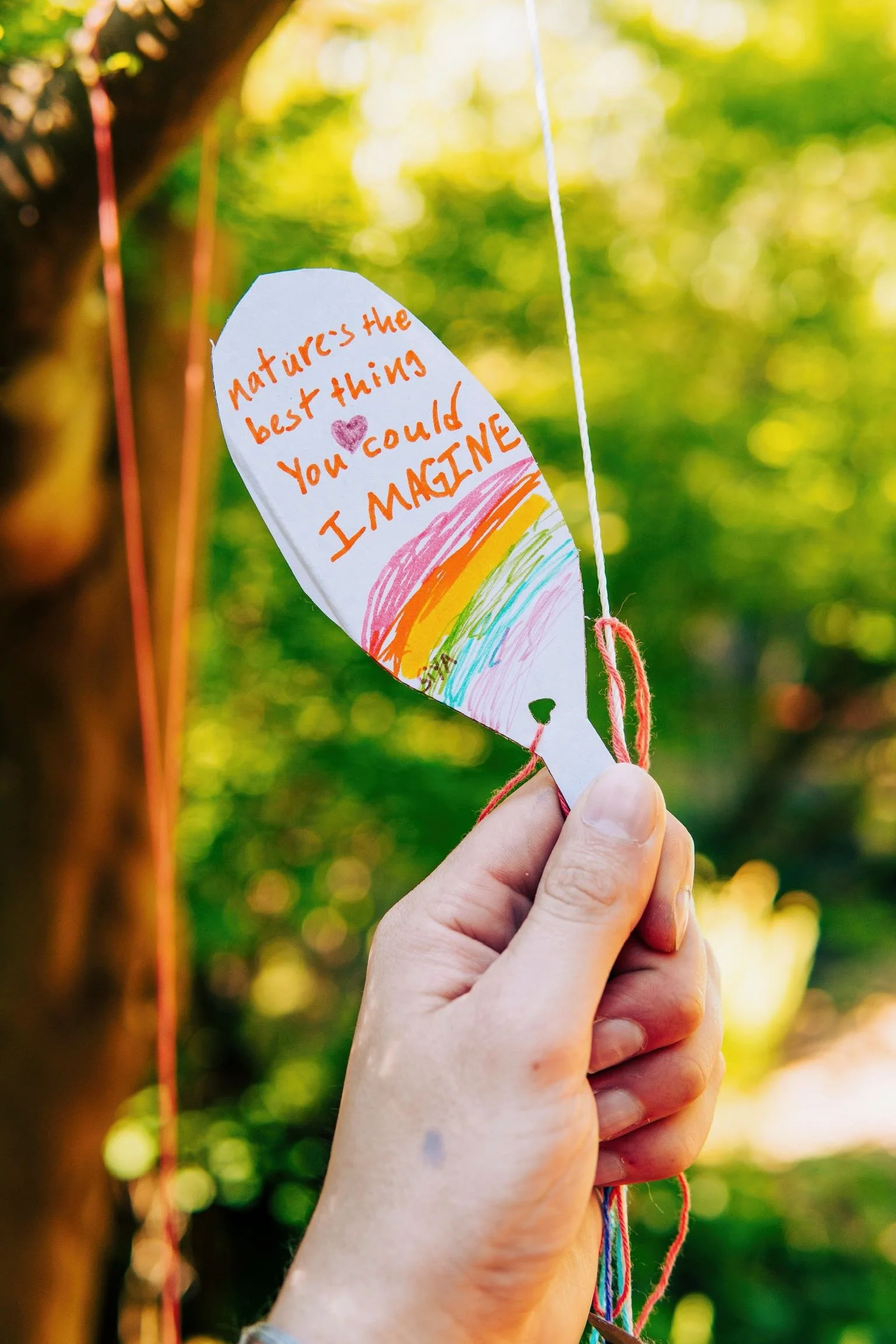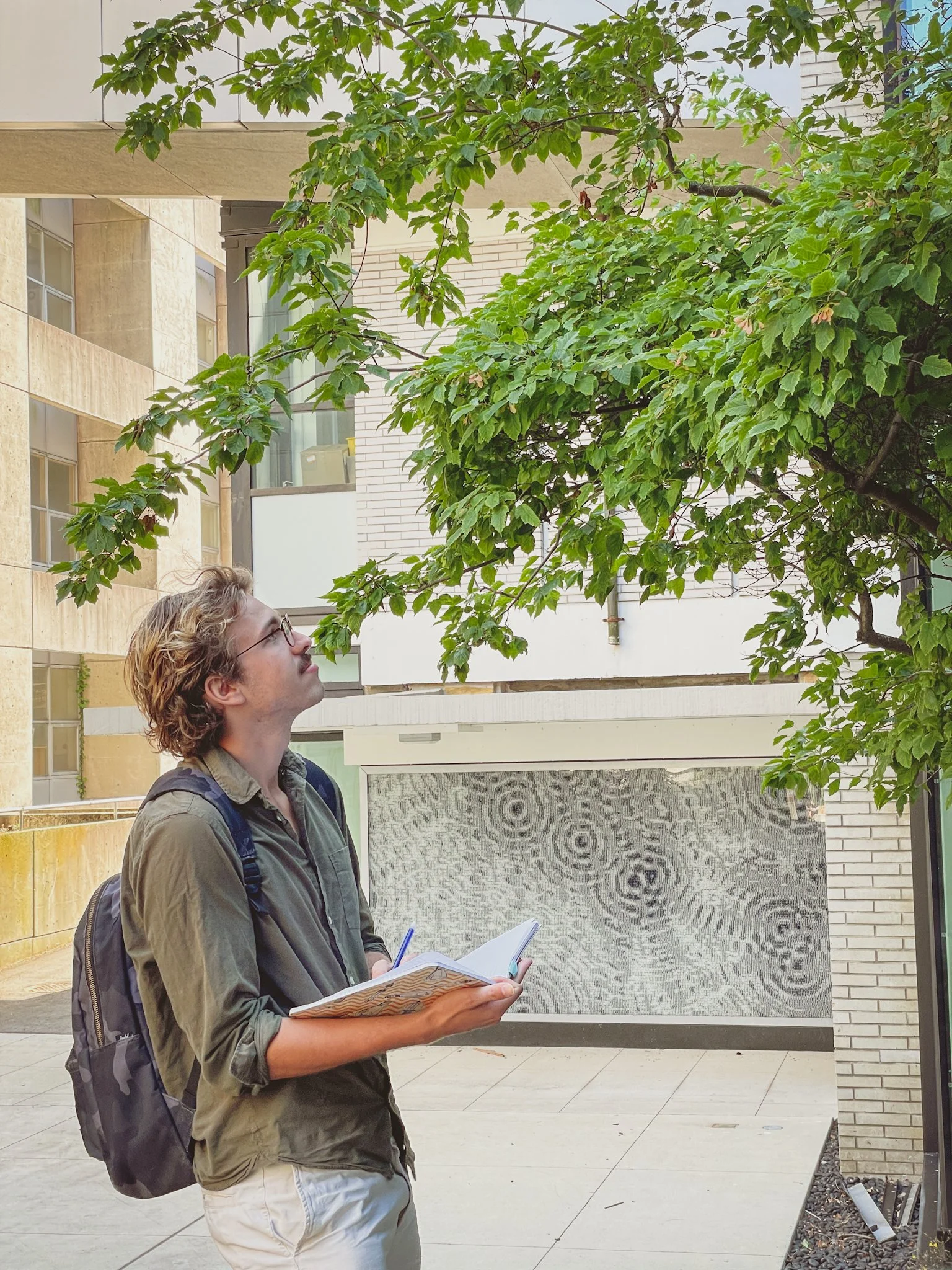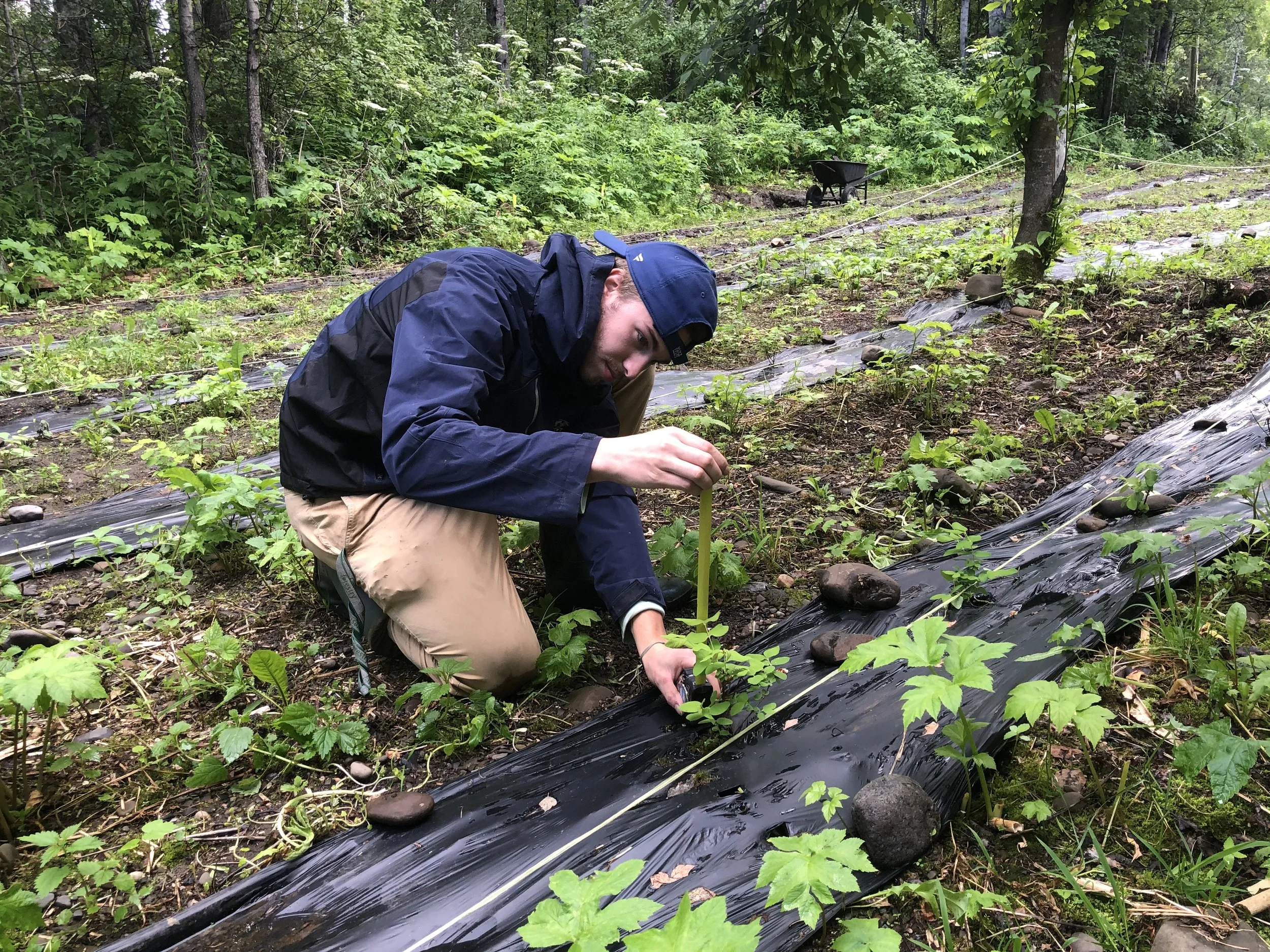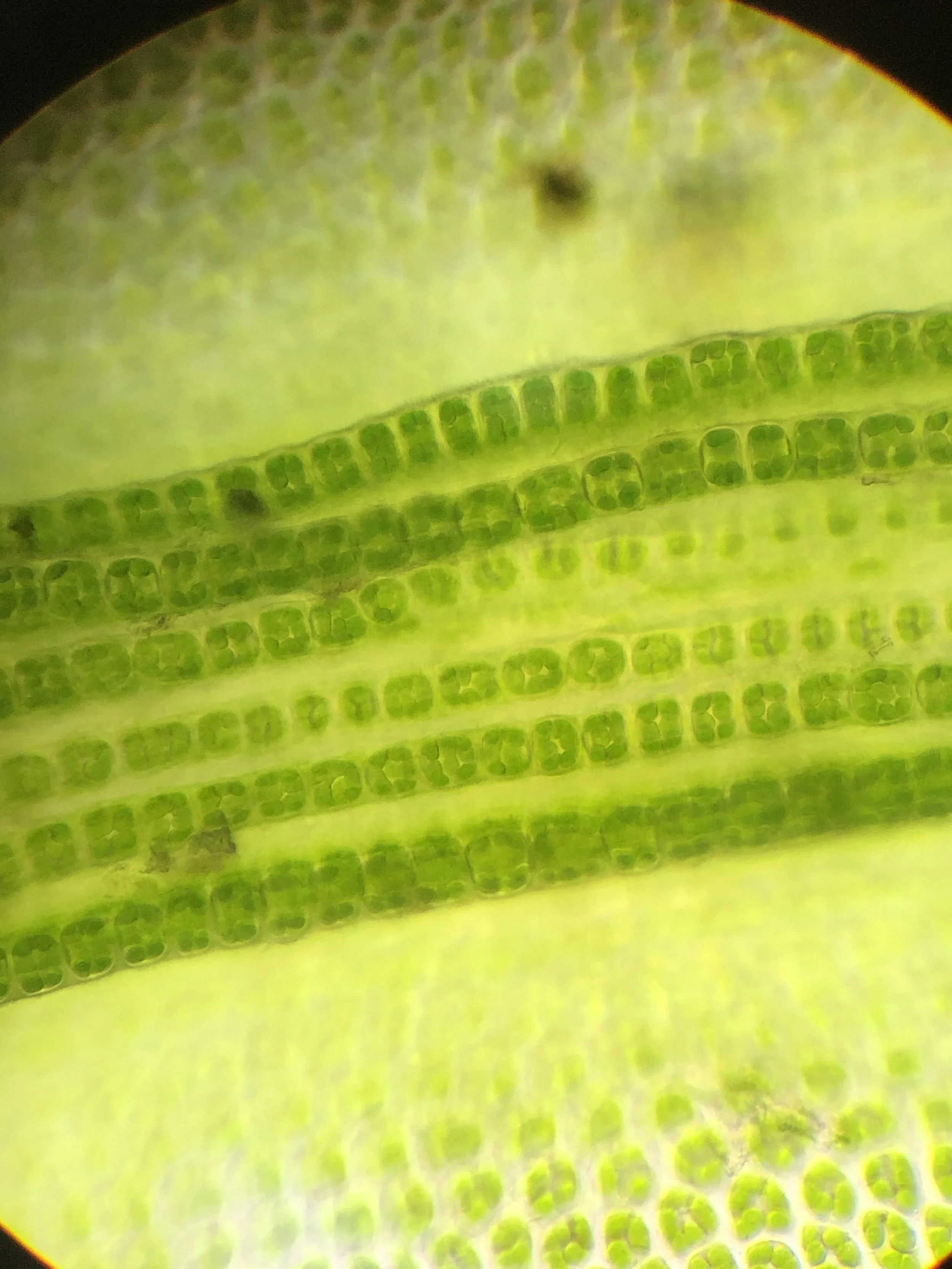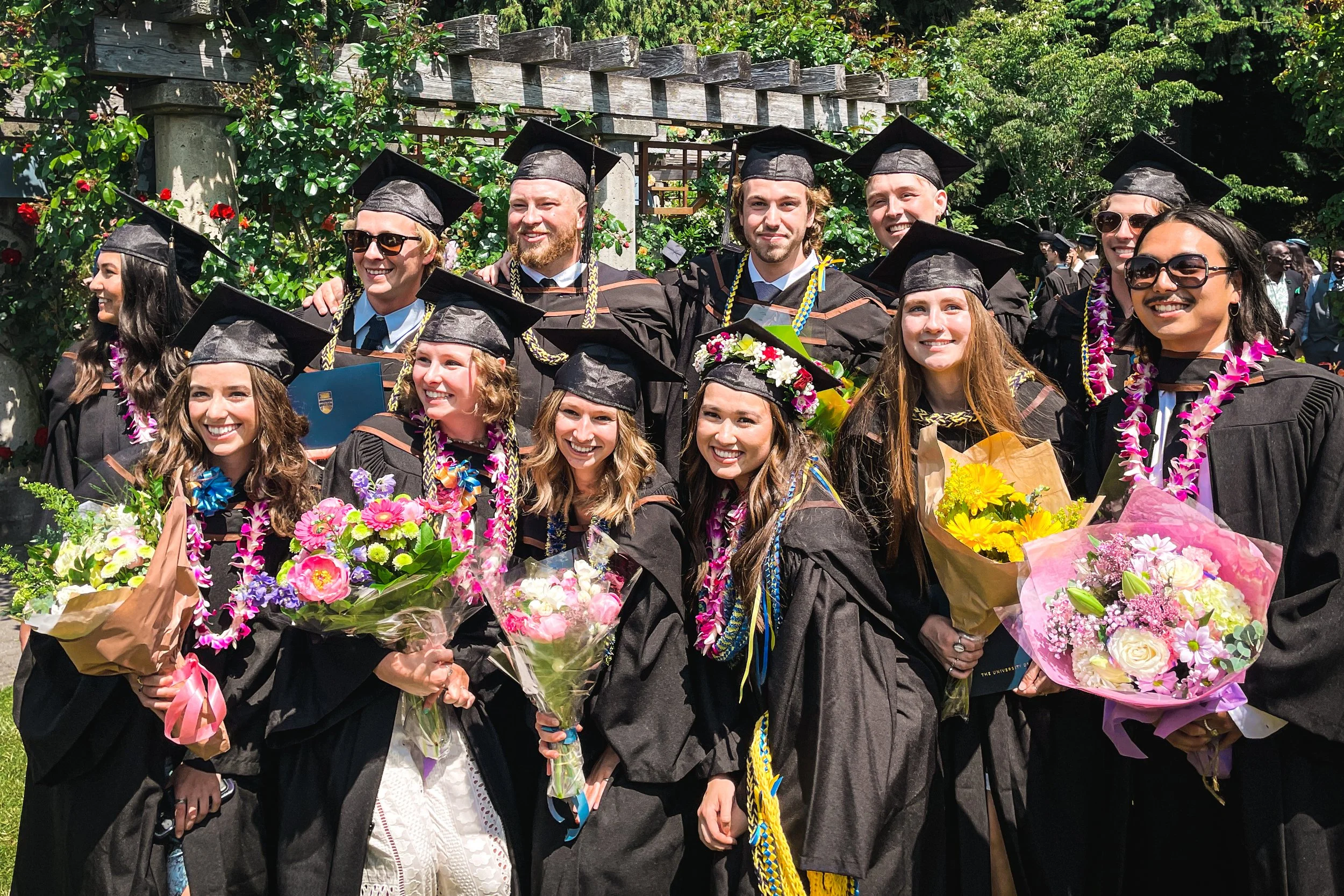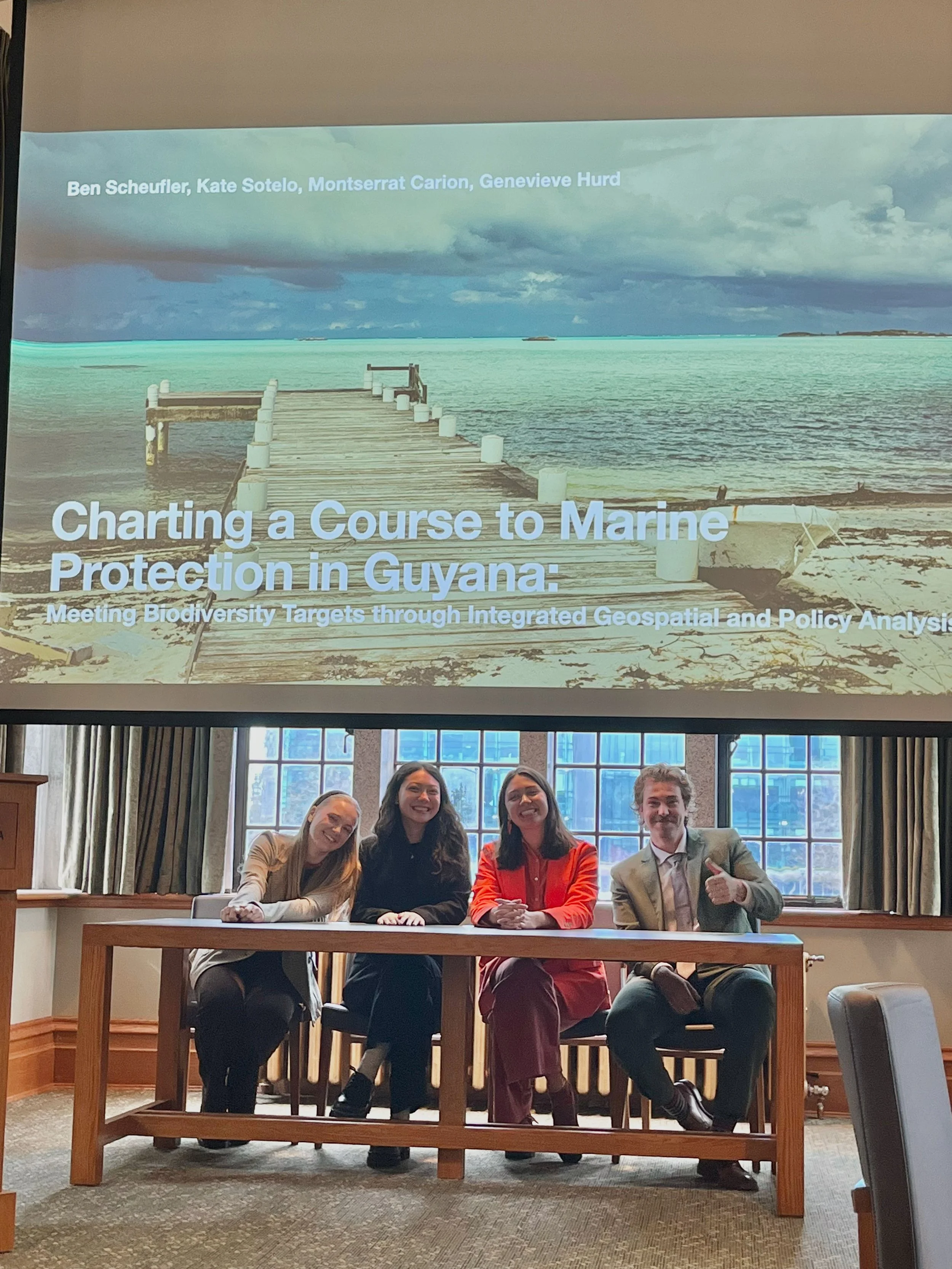CV: Ben Scheufler
I’m Ben Scheufler, and I love to connect science to the real world. I’m a conservationist, project coordinator and designer who turns research and data into programs people can use. I manage complex, messy projects end-to-end (from logistics and stakeholder coordination to comms and evaluation): I coordinated the relocation and return moves for 40+ staff during the Beaty Centre expansion, ran “Biodiversity Days” that reached 31,479 people, and built GIS datasets to guide climate adaptation planning. I bring practical technical skills (GIS, data, communications) plus program design and stakeholder management to help conservation projects actually deliver impact.
Featured Projects
UBC Biodiversity Centre Expansion
Coordinated move logistics, stakeholder comms, and safe return of 40+ staff.
Biodiversity Cohort Lead
I led a cohort of student ambassadors to design and deliver biodiversity toolkits, workshops, and campus-wide outreach that translated technical science into practical actions.
Climate Adaptation Tooling
Built GIS tools and data products informing UBC policy.
Biodiversity Days
Designed and delivered events that reached 31,479 visitors across 13 events
Work Experience
-
Coordinated the move schedules, equipment inventories, and logistics for the temporary relocation and return move of 40+ faculty and museum staff.
Reviewed detailed construction drawings across multiple disciplines (architectural, plumbing, electrical, lab systems) to ensure plans aligned with the operational and research needs of scientists, staff, and the Beaty Biodiversity Museum.
Facilitated the Beaty Museum’s 2025–2030 strategic planning engagement, gathering staff input across 40+ hours and synthesizing priorities into strategic objectives.
Contributed geospatial maps and graphic design to a $40M grant proposal and coordinated logistics for the Canadian Society for Ecology and Evolution conference.
Researched and wrote a 30-page membership & revenue development report using staff interviews and market benchmarking to recommend measurable improvements.
-
Mentored and supervised seven summer students, revamping guide training with interactive tools and clear curricula to improve guide preparedness and consistency.
Coordinated Biodiversity Days 2022–2023 (13 events in 2023), managed logistics and communications, and produced a 30-page post-event report that summarized outcomes, lessons learned, and recommendations for future programming. The 2023 events reached a combined audience of 31,479 visitors.
Conducted analysis of approximately 3,600 plant records to inform climate adaptation planning; developed integrated datasets and technical documentation for internal use by garden staff.
Designed and delivered 51 public and school tours reaching 1,283 participants, creating hands-on activities and interpretive materials to boost visitor learning and engagement.
-
Led and mentored a cohort of 10 student ambassadors, building their facilitation and communications skills so they could confidently run outreach on campus.
Designed three practical biodiversity toolkits (workshop guides, slide decks, and handouts) that ambassadors used to run sessions for student groups, staff, and community audiences.
Planned and delivered four public workshops in partnership with campus stakeholders, coordinating logistics, speakers, and materials to ensure smooth delivery.
Produced communications for internal and public audiences—social posts, event posters, and resource PDFs—that increased visibility of campus biodiversity initiatives.
Managed a $2,000 project budget, handled procurement and expense tracking, and aligned spending with program goals and campus procurement rules.
-
Managed 25+ independent, applied research projects that engaged 122 students, 21 staff, and 10 faculty supervisors—ensuring each project met research objectives and delivery deadlines.
Produced four practical toolkits for campus planners and building managers (e.g., Urban Tree Canopy, Pollinator-Friendly Planting, Green Roof Best Practices, and Small-Scale Stormwater Interventions) to guide biodiversity-friendly decisions on campus.
Designed and deployed interactive online GIS tools that aggregated student data, mapped habitat features, and illustrated ecosystem services across campus to make technical results accessible to non-specialist decision-makers.
Presented consolidated findings and policy recommendations directly to UBC Campus + Community Planning and other stakeholders; several recommendations were incorporated into emergent campus biodiversity and climate adaptation policies.
Acted as the primary liaison between student teams and campus stakeholders—smoothing communications, aligning research questions to policy needs, and ensuring outputs were usable by planners.
-
Designed and ran stakeholder and resident surveys to identify local training needs for “green-living” practices during COVID; used results to shape program offerings and workshop topics.
Built a regional network of sustainability champions — local businesses, landowners, and community leaders — to demonstrate practical conservation actions and support program delivery.
Supported on-the-ground projects including eco-health restoration, renewable-energy retrofits, and food-security work (greenhouse establishment, community gardens, and berry plantings).
Managed the 9-hectare eco-homestead, including three research plots of Haskap berries, and led routine grounds and systems upkeep to keep demonstration projects operational.
Organized and staffed regular farmers’ markets, acting as a sales conduit for BCS market produce and strengthening local food-system links.
Designed and maintained the organisation’s website and online learning resources (how-to videos and webinars), expanding remote access to training materials and increasing audience reach.
Education
2018-2025 | BSc. Natural Resources Conservation | Major in Global Perspectives
The University of British Columbia
I studied conservation through an interdisciplinary lens—combining ecology, policy, social science and hands-on technical skills—to learn how people and ecosystems can coexist. Key coursework (CONS 452 capstone, CONS 370 Aboriginal Forestry, WOOD 461 Globalization & Sustainability, UFOR 495 Urban Biodiversity) gave me practical experience in spatial analysis and socio-economic assessment, grounded knowledge of Indigenous rights and resource governance, and tools for designing biodiversity-friendly urban landscapes. My capstone project involved collaborative spatial and policy work for conservation in Guyana; elsewhere I built GIS data products, wrote technical documentation, and translated research into toolkits and reports for campus planners and community partners. The program’s emphasis on experiential learning shaped my approach: make data useful, bring diverse voices into planning, and build projects that are both practical and policy-ready.
Graduated with Honours
-
Developed a comprehensive policy plan for conservation in Guyana in collaboration with a small team, using analyses of geospatial and local socio-economic data. Discussed alternative approaches to managing ecosystem services sustainably, utilizing tools for resilient social-ecological systems.
-
Explored issues encountered in professional natural resources work with or for Aboriginal communities and organizations, including contemporary issues of Aboriginal rights and title, traditional uses, and self-government.
-
Examination of globalization and its impact on sustainability, including social, economic, and environmental aspects. Course materials included examining sustainability in the workplace, as well as corporate social responsibility. Key course deliverables involved
-
Developed strategies for urban centres to contribute to biodiversity conservation commitments. This included designing human-dominated landscapes to promote biodiversity, determining tools required, assessing positive and negative outcomes for human-wildlife interactions
Notable Coursework
-
Awarded to undergraduate students in the Faculty of Forestry. The award is made on the recommendation of the Faculty of Forestry
-
Awarded to students with high academic merit who also demonstrate qualities such as leadership skills, involvement in student affairs, extracurricular activities or community service.


